CBS News: US troops still dealing with mental trauma 18 months after Ain al-Asad attack
In January 2020, when the US assassinated Iran’s celebrated anti-terror commander Gen. Qassem Soleimani, thousands of American troops at Ain al-Asad Airbase in Iraq braced for retaliation.
The occupying forces stationed at the airbase in western Anbar province thought it would be a volley of rockets with 60-pound warheads, trusting their air defense systems to intercept the imminent attack.
On Jan. 8, 2020, shortly after midnight, five days after the drone strike killed Gen. Soleimani and deputy head of Iraq’s Hashd al-Sha'abi Abu Mahdi al-Muhandis near Baghdad airport, at least a dozen ballistic missiles with warheads weighing more than 1,000 pounds rained on the airbase.
It was the largest ballistic missile attack against American troops anywhere in the world in modern history and was the "first slap" for a US drone strike that killed the lynchpin of anti-Daesh resistance.
The then US president Donald Trump initially said that no Americans had been harmed in the attack. The Pentagon also downplayed reports of brain injuries sustained by US troops in the attack but later admitted that more than 100 troops had been diagnosed with severe traumatic brain injuries.
The troops who were stationed at the western Iraq airbase that fateful night are still feeling the effects from Iranian ballistic missiles more than a year and a half after the attack, according to a program aired by CBS pNews.
'Knocked the wind'
Recounting the horrors of that night when a barrage of missiles pounded their airbase, US troops recuperating from their brain injuries say they are still having nightmares.
In an interview with CBS News, US Army Major Alan Johnson, who was stationed at Ain al-Asad Airbase on Jan. 8, 2020, said the attack “knocked the wind” out of him.
Hours before the attack, when he was informed by a US military intelligence officer that Iran was about to hit the US airbase, Johnson looked tearfully into a cellphone camera and recorded a farewell message for his mother, wife and son.
Johnson and nearly 2,000 other US troops were stationed at the base that night.
“Words can't even describe the amount of energy that is released by these missiles,” he was quoted as saying by CBS News. “It knocked the wind out of me, I immediately lost all my hearing, I felt like I was underwater…followed by the most putrid tasting ammonia…dust that swept through the bunker [and] coated your teeth.”
Johnson was evacuated from Iraq to Germany where he underwent physical and speech therapy. But he still suffers from daily headaches, ringing in the ears, and post-traumatic stress disorder.
'Sci-fi movie-like attack'
Another trooper, Army Major Robert Hales, who suffered severe injuries in the attack, which the Iranian military officials asserted was not intended to kill anyone but to send out a strong message to Washington, said the attack was “sci-fi movie-like.”
The highest-ranking medical doctor at the base, Hales was in an armored vehicle at a safe distance outside the base and feared he would return to find hundreds of his fellow troops dead.
“I honestly thought that I was going to come back, once the attack was over, and see just mass casualties across the base,” he was quoted as saying.
Hales said there is “not a lot known” about brain trauma caused by a ballistic missile attack of this magnitude, in part due to its unprecedented nature.
“There haven’t been a lot of studies with this level of percussion wave, with the overpressure and the negative pressure that immediately follows being exposed to this, over and over again,” he said. “Just because this missile attack was so unique as it never has happened in history that a ground force was exposed to 11 theater ballistic missiles."
'Cloud of dirt and fire'
US Air Force Master Sergeant John Haines and his security team were outside their armored patrol vehicle when the first missiles struck after midnight. Haines threw the phone down and ran to his vehicle, and moments later all he could see was the cloud of dirt and fire.
“They call it a 'shock wave' and you kind of feel that, that wave almost internally. Like, it's almost as if you, your organs are, you know, kind of wavering around inside,” he was quoted as saying by CBS News.
“It looked like a scene from a movie where everything is destroyed around you, but yet, no one was killed,” he added.
Sergeant Kimo Keltz was outside the military bunkers, guarding a post in case the missile barrage was followed by a ground assault.
“We got down and we protected our, our vital organs, our heads, and we waited,” he was quoted as saying. “In one of the closest ones that had hit directly near us had actually lifted my body about two inches off the ground.”
He said he suffered from concussion, which felt like “someone hitting me over the head with a hammer over and over and over.”
'Never been on one like this'
Gen. Frank McKenzie, commander of US forces in the Middle East, monitored the attack from his headquarters in Florida, and was in contact with only two people above him in the chain of command.
“I've never been on one like this where real missiles being fired at our forces and where I thought the risks were so high,” he was quoted as saying by CBS News.
Describing the operation to assassinate Gen. Soleimani and Abu Mahdi, he said an airport security camera had recorded Gen. Soleimani's arrival in Baghdad on a commercial flight from Damascus, with him watching from a different angle from Florida.
As the entourage pulled away from the plane and drove down the street outside the highly-fortified airport, McKenzie gave the order to target the commander.
“And then I said, take your shot when you got it,” he was quoted as saying.
“There's no back slapping. There's no cheering. Because now I have to prepare to deal with the consequences of the action,” McKenzie hastened to add, saying he was sure Iran would retaliate.
“My intelligence officer pulled me aside and basically said, Sir, I've got some bad news for you,” he said. “We have information that Iran is fueling 27 medium-range ballistic missiles and their intention is to level this base and we may not survive.”
Hours later, the airbase was leveled by the torrent of Iranian missiles, and McKenzie had to deal with its consequences.
“We knew it, but to see it. They fired those missiles to significant range. And they hit pretty much where they wanted to hit,” he said.
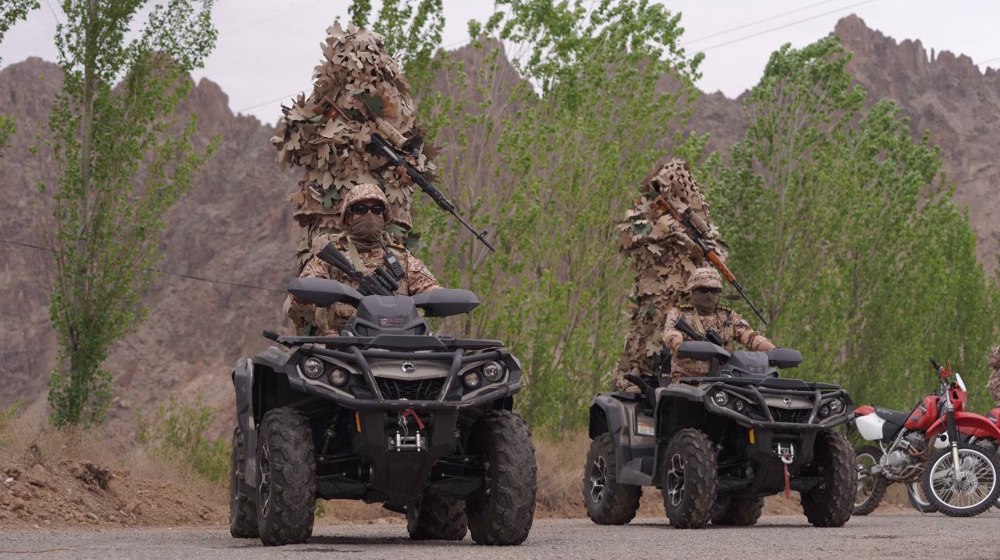
Iran, Armenia to hold joint military drills to bolster border security, combat terrorism
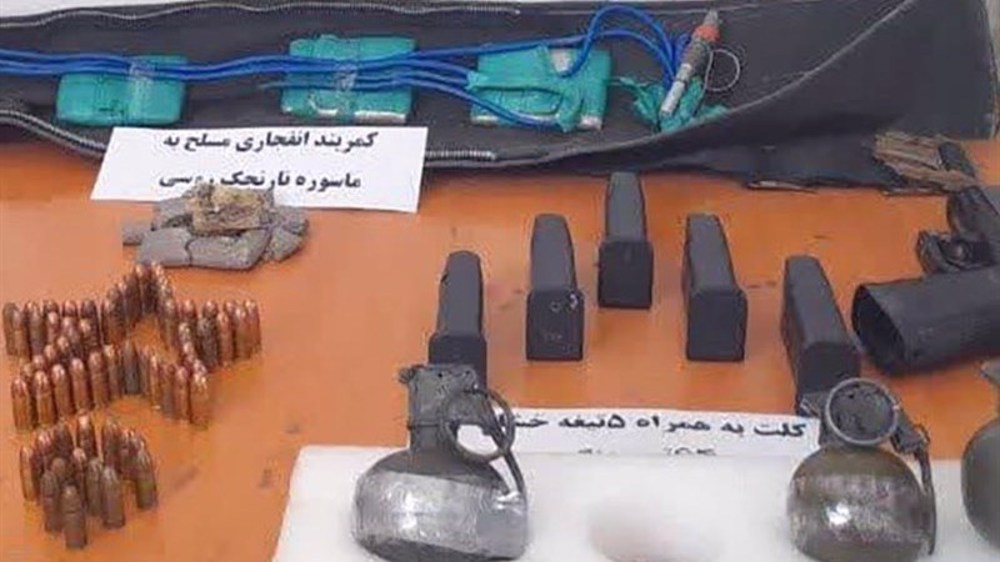
Iranian intelligence forces dismantle Takfiri terrorist network

‘Cutting-edge’: Iran says Arash-2 suicide drone will wipe out all threats within 2,000km range
Iran, US conclude negotiations in Oman, agree to continue next week
Iran and US hold indirect talks in Oman
Iraq hopes indirect Iran-US talks lead to regional stability
US rights advocates file lawsuit to halt Trump’s sanctions on ICC prosecutor
Israel waging psychological sabotage campaign against Oman talks: Report
EU youth mental health crisis
VIDEO | New York students protest student deportations
VIDEO | Press TV's News Headlines


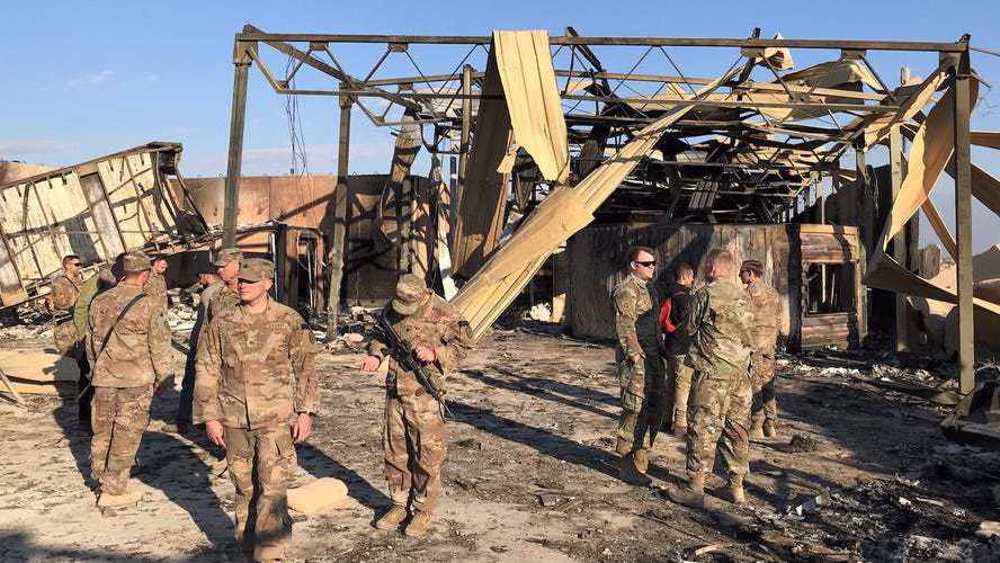
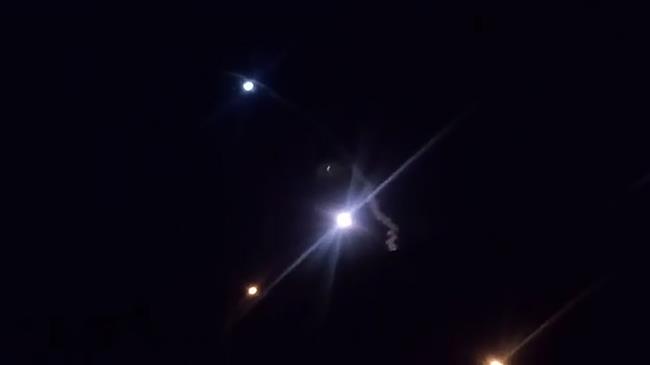
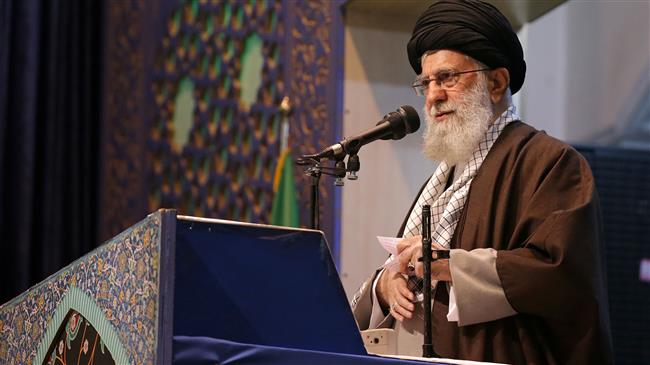
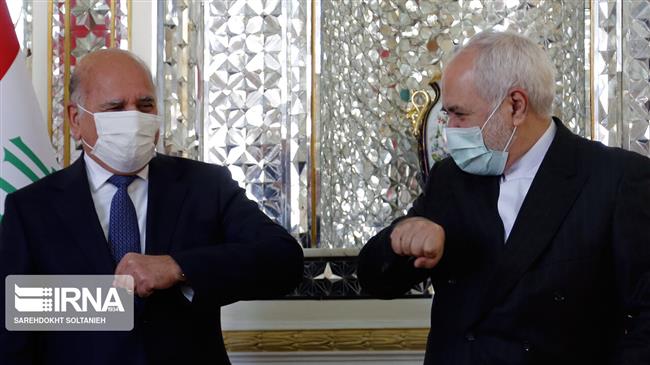




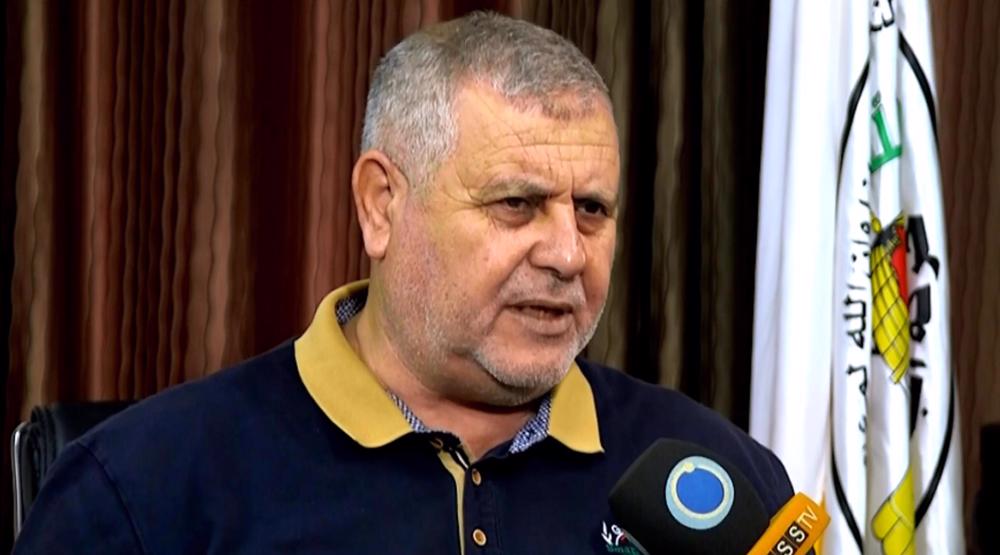
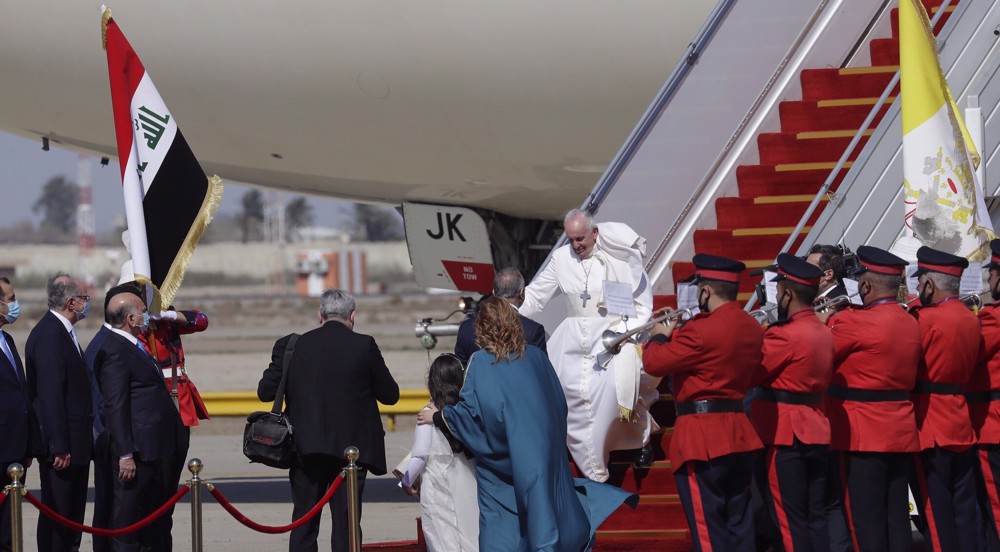
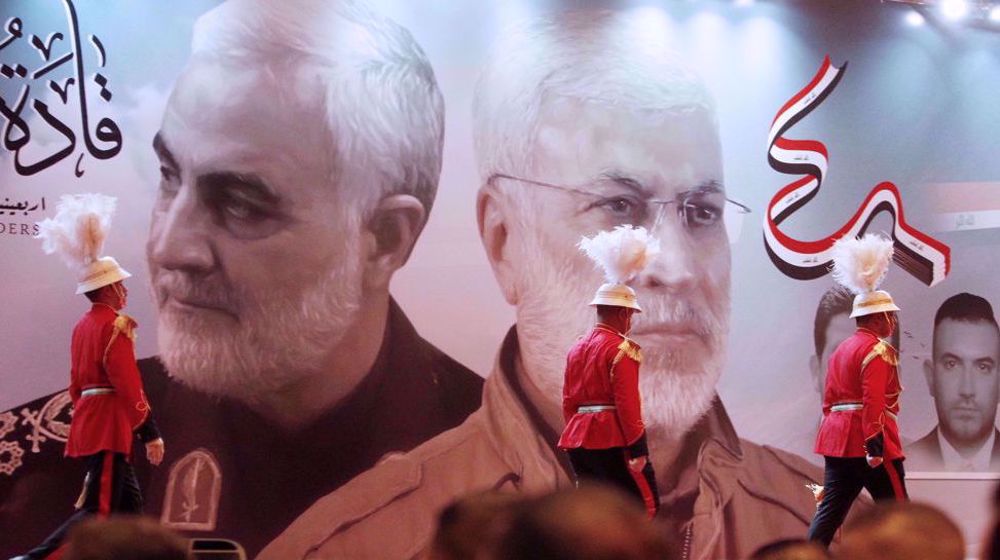
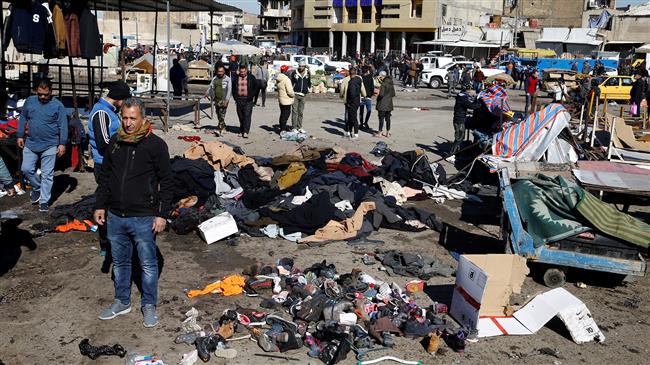
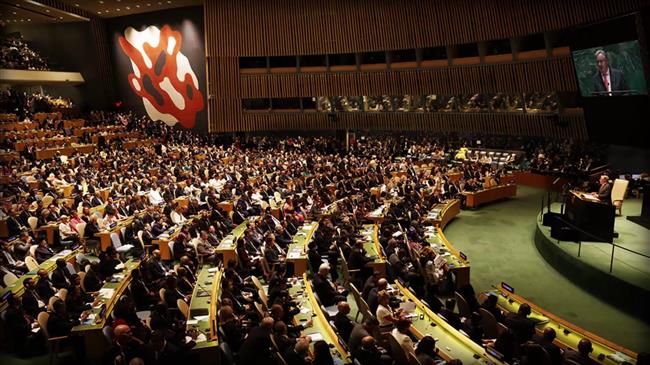

 This makes it easy to access the Press TV website
This makes it easy to access the Press TV website